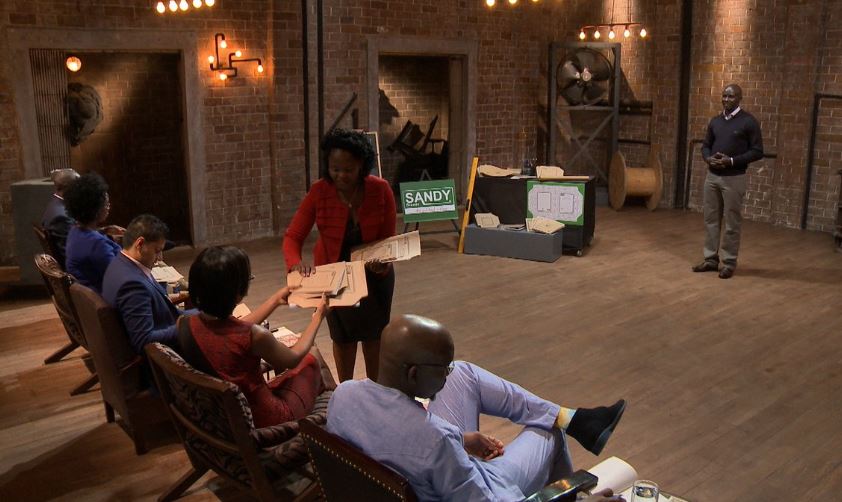×
The Standard e-Paper
Smart Minds Choose Us

“I spent a night after a long day at work helping my 10-year-old daughter cover 12 exercise books,” says Patrick Korir Sigilai, the co-founder of stationery company Sandy EA.
“I remember thinking there are at least 200 other parents going through this task right now. What if there was an easier way to do it?”